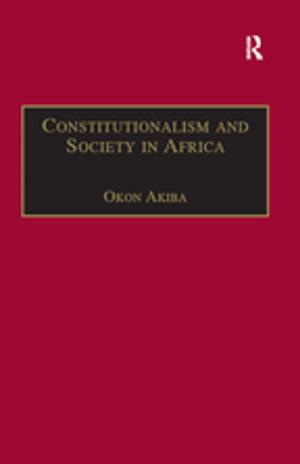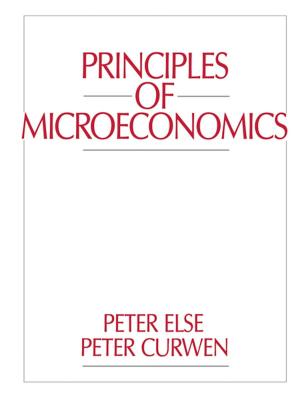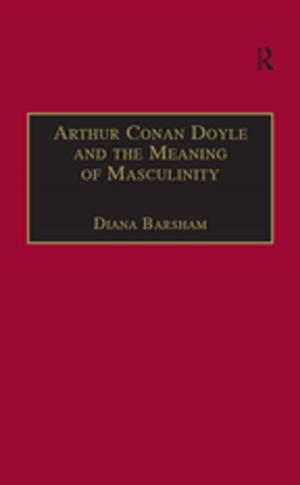Dynamics of the Pictured Page
Representing the Nation in the "Illustrated London News"
Nonfiction, Social & Cultural Studies, Social Science, Sociology| Author: | Peter W. Sinnema | ISBN: | 9780429640377 |
| Publisher: | Taylor and Francis | Publication: | January 4, 2019 |
| Imprint: | Routledge | Language: | English |
| Author: | Peter W. Sinnema |
| ISBN: | 9780429640377 |
| Publisher: | Taylor and Francis |
| Publication: | January 4, 2019 |
| Imprint: | Routledge |
| Language: | English |
Originally published in 1998, Dynamics of the Pictured Page provides a critical study of the world's first regularly illustrated newspaper, the Illustrated London News, founded by Herbert Ingram in 1842. Focusing on the first decade of this enormously influential weekly, this book situates the ILN within the publishing history of periodicals, arguing not only for a better understanding of those new modes of production engendered by an illustrated newspaper, but also for the need to theorize the relations between engraved images and printed text that constituted the ILN, which advertised itself as an unprecedented 'marriage' between art and literature.
Through a series of interpretive interventions that focus on categories that would have had especially powerful reverberations for Victorian readers (for example, the home, the railway, the public funeral, and serialized literature), this book traces the newspaper's complex strategies of appeal to a middle-class English readership.
This book will appeal to students of nineteenth-century literature and history (especially those with an interest in publishing history and the history of the press), as well as to Victorian studies scholars.
Originally published in 1998, Dynamics of the Pictured Page provides a critical study of the world's first regularly illustrated newspaper, the Illustrated London News, founded by Herbert Ingram in 1842. Focusing on the first decade of this enormously influential weekly, this book situates the ILN within the publishing history of periodicals, arguing not only for a better understanding of those new modes of production engendered by an illustrated newspaper, but also for the need to theorize the relations between engraved images and printed text that constituted the ILN, which advertised itself as an unprecedented 'marriage' between art and literature.
Through a series of interpretive interventions that focus on categories that would have had especially powerful reverberations for Victorian readers (for example, the home, the railway, the public funeral, and serialized literature), this book traces the newspaper's complex strategies of appeal to a middle-class English readership.
This book will appeal to students of nineteenth-century literature and history (especially those with an interest in publishing history and the history of the press), as well as to Victorian studies scholars.















